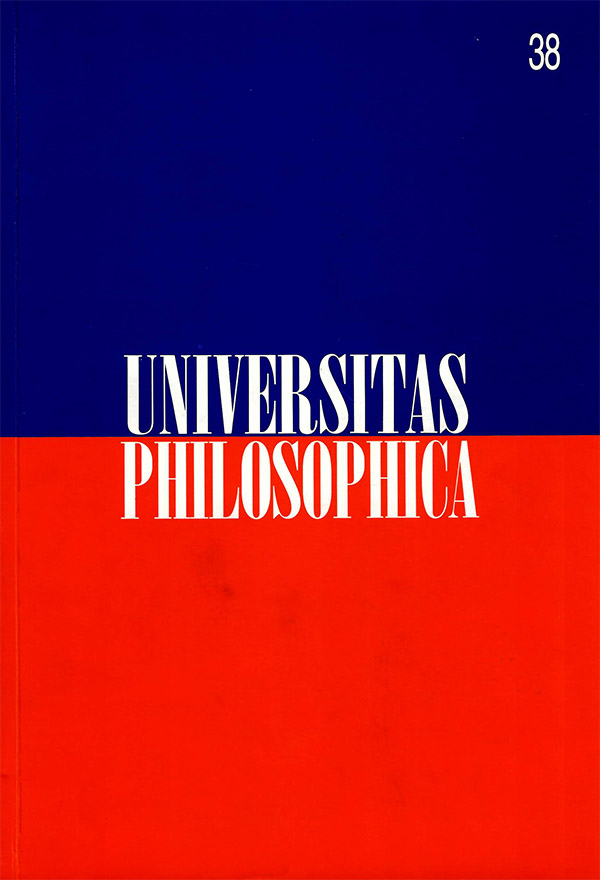Abstract
The thesis that this paper attempts to establish is that Popper's criticism to the theoretical justification of historicism is actually founded on a moral decision. According to Popper, the historicist's pretension of having captured for once and for all the key of historical evolution has worked as an argument to support some holistic or utopic engineering projects whose practical result have been the sacrifice of many men and women in name of an ideal of society with clear utopic content and, therefore, probably nonattainable. Popper aims to demonstrate that this pretension is not just specially by its moral consequences, and that in addition, is in no way justifiable from theconditions of the scientific knowledge. Popper's methodologic strategy in this point is establishing the reach of historical knowledge and, according to it, to what type of conclusions can it be seriously committed. This means, in other words, to determine the epistemologic status of history and what kinds of information can it reasonably provide to justify political decisions.
This journal is registered under a Creative Commons Attribution 4.0 International Public License. Thus, this work may be reproduced, distributed, and publicly shared in digital format, as long as the names of the authors and Pontificia Universidad Javeriana are acknowledged. Others are allowed to quote, adapt, transform, auto-archive, republish, and create based on this material, for any purpose (even commercial ones), provided the authorship is duly acknowledged, a link to the original work is provided, and it is specified if changes have been made. Pontificia Universidad Javeriana does not hold the rights of published works and the authors are solely responsible for the contents of their works; they keep the moral, intellectual, privacy, and publicity rights.
Approving the intervention of the work (review, copy-editing, translation, layout) and the following outreach, are granted through an use license and not through an assignment of rights. This means the journal and Pontificia Universidad Javeriana cannot be held responsible for any ethical malpractice by the authors. As a consequence of the protection granted by the use license, the journal is not required to publish recantations or modify information already published, unless the errata stems from the editorial management process. Publishing contents in this journal does not generate royalties for contributors.


